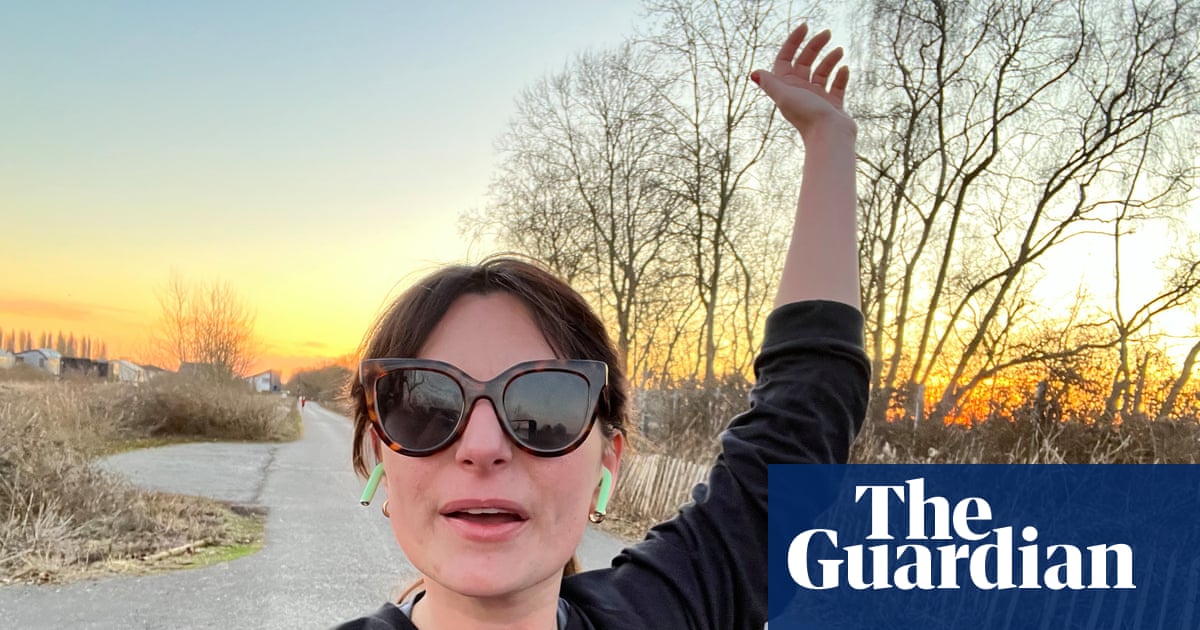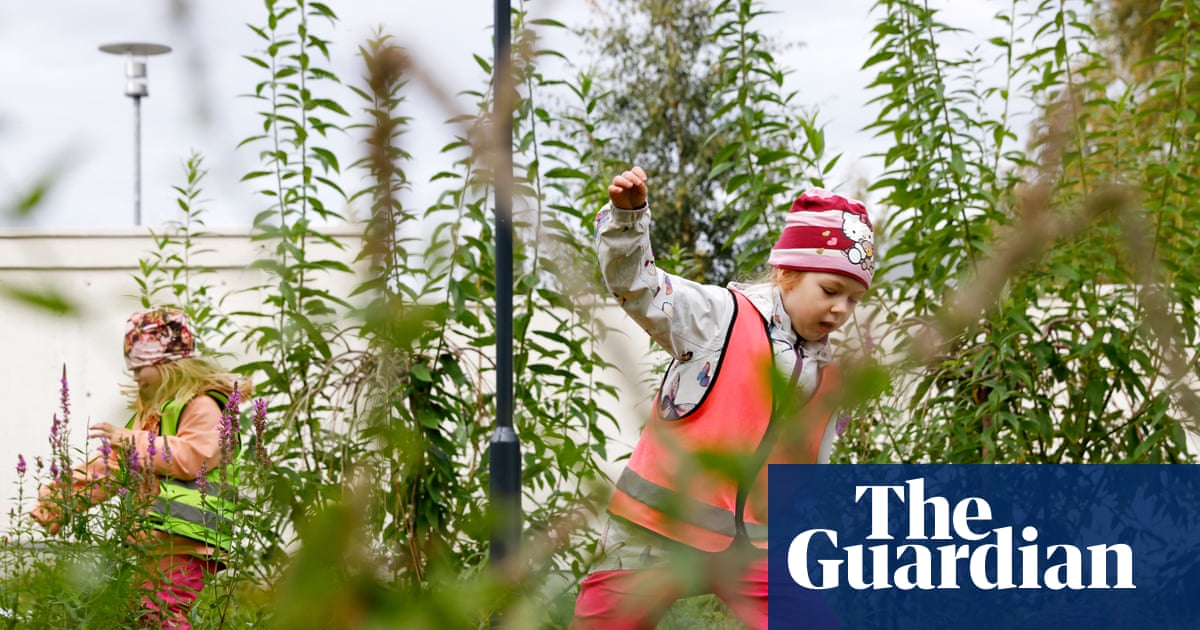I remember the thrill I felt when someone would tell me that I was a “good girl”. I understood from a young age that, as a girl, goodness would be my supreme achievement – my calling in life. But what that looked like or how I might embody its essence took time to decode.
I remember being in the back seat of our brown HJ Holden when I was young, leaving a family party and being reprimanded by my parents for my “behaviour”. I was mystified. I had no idea what I had done that had caused them such embarrassment. Had I run when I was told not to? Or had I misunderstood an instruction? Was I a “bad girl”, I remember wondering.
As powerful and incentivising as the idea of being a “good girl” was, the “bad girl” label was probably more powerful in the way it encouraged me to avoid it at all costs. I would have done anything to never be thought of as bad. I wasn’t clear in those early years on what being a bad girl entailed but the threat was powerful enough for me to remain strictly within a narrow set of ideas of how I needed to behave.
I have a strong memory of some family friends having a “bad girl” stay with them for a while. Her mother was no longer around to care for her and her father was barely in the picture. I remember the warning that came with her before she arrived, that she was a kid who had done some “bad” things and I wasn’t to get too close. This all horrified me. So grand was the image of the bad girl in my psyche that I was immediately scared of what she might try to make me do. What sort of badness would she get up to?
Only days after her arrival, I heard she had weed on the front lawn. She had simply pulled her pants down and peed. No one was sure why she hadn’t gone into the house to use the toilet, and everyone was confused and shocked. So I pretended to be shocked too. But I don’t think I was shocked – I think I was afraid. Afraid of her wildness. A wildness that I understood and felt inside me too but that had been pushed far down.
While I performed the “good girl”, I never felt like one. The mere suggestion that goodness was judged by people on the outside of me was enough to send me into spirals of doubt and self-loathing. I would watch adults closely to see if I had made them happy. Had I said “thank you”? Had I smiled at the right time at their joke? Had I spoken sweetly enough? Had I agreed with the way they thought about the world, even if I didn’t?
In writing my latest book, The Wisdom of Age, I wanted to find out from the elder women I interviewed if it was true that I might be able to grow old disgracefully, as all the Hallmark cards are now suggesting. Was it going to be real disgrace? Or just a performance of disgrace? Would I be regarded as difficult if I didn’t do what was expected of me as an ageing woman?
Yes, I was told by many women: if you step out of line and outside our ageing woman tropes, the swiftness of “difficult” being attached to you and its conjuring of the bad girl trope remained a powerful restraint. Who would want to be considered difficult after so many years playing the game?
There had been a stirring in me since my mid-30s to stop placating the people around me, and now that I had hit my 50s, it had begun to feel as though it was shaking me to get out. I wanted to break some metaphorical plates and leave them for someone else to clean up.
I spoke to artists and activists in their 70s, 80s and 90s to find out if they were comfortable being thought of as difficult. These were women who were not making it easy for those around them to violate the rights or safety of others. They were speaking up and turning up to the frontline of protests, or they were simply letting their families know that they were no longer going to put up with their shit.
In every conversation, there was a glint in their eyes at the suggestion of being “difficult”. “Difficult” had become a rallying cry – a sign that they were on the right track, a sign that they had reconnected with the girl who raged inside them. Many of those women wanted to clarify that being difficult was not done merely for difficulty’s sake. Rather, they were finally following the beat of their heart, unmoved by the social conditioning that had held them captive for so long. “Difficult” didn’t faze them – it emboldened them.
This wisdom, along with so much else I received in the writing of the book, has caused me to revisit that good girl and suggest that perhaps we might consider a do-over. Get back some of those years when we kept the peace and smiled nicely. We will invite back the girl who is clear on who she is – before she was told to be something else. The girl who doesn’t please those around her for the sake of pleasing but instead loves wildly and passionately when it feels right to do so. The girl who is in touch with the voice that has been calling her for her whole life. The girl who might, facing the horrors of the life she had been given, pull down her pants and wee on the front lawn.

 3 months ago
46
3 months ago
46

















































